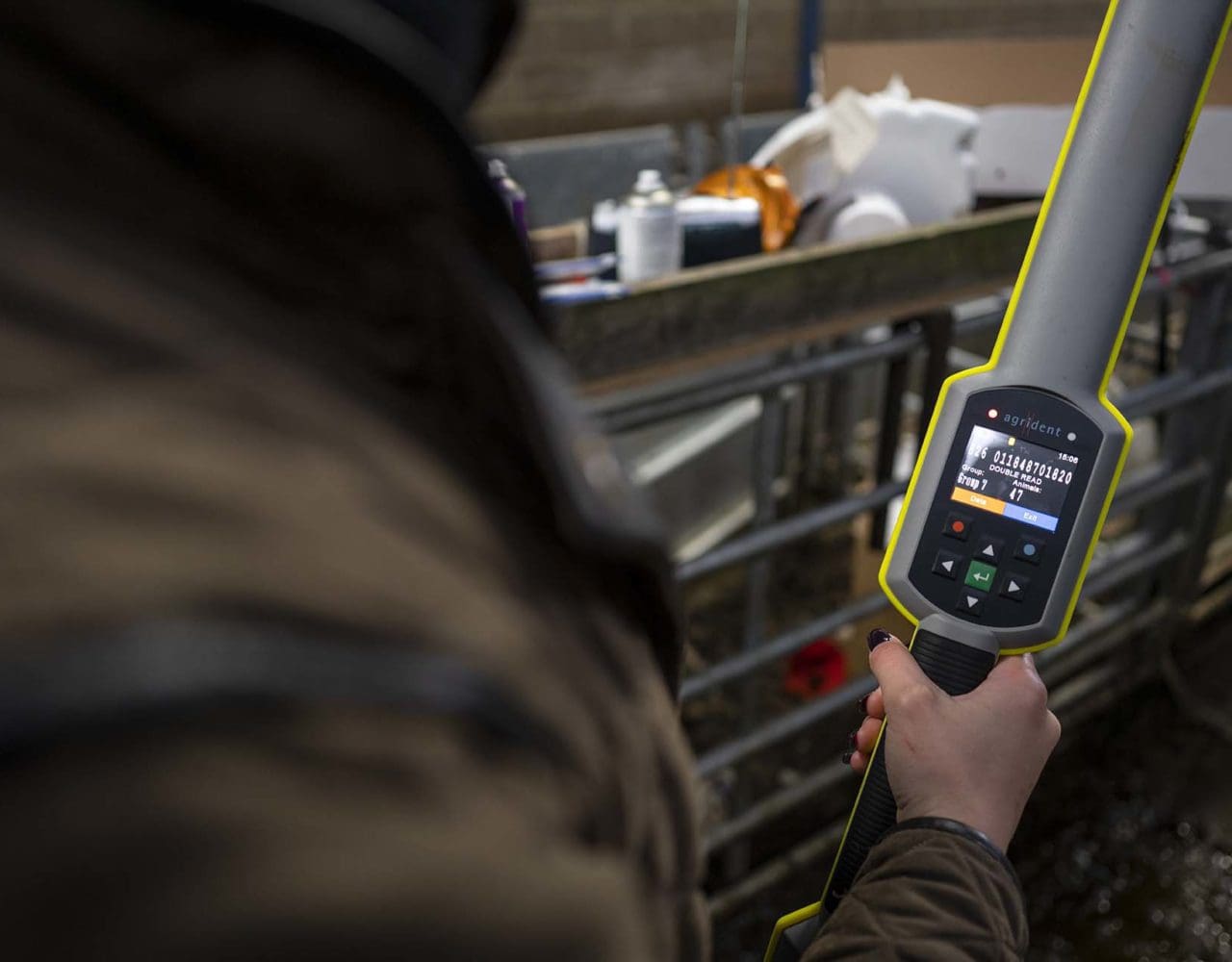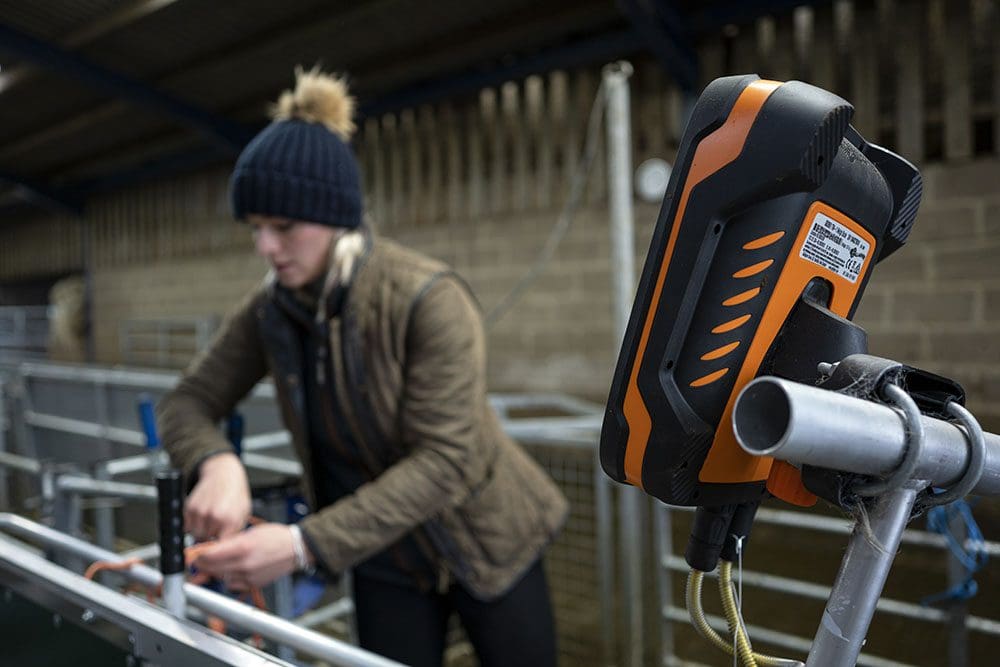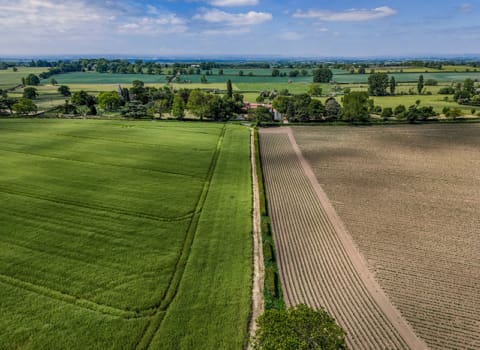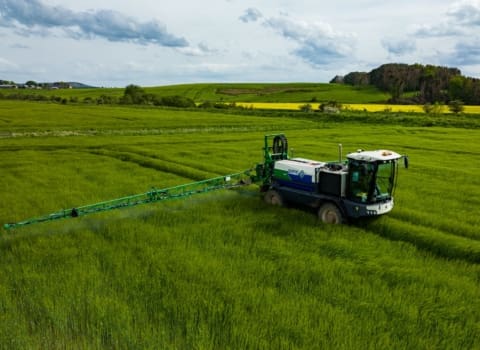Contact our offices
Main office
COLBURN
5 & 6 BAILEY COURT
COLBURN BUSINESS PARK
RICHMOND
NORTH YORKSHIRE
DL9 4QL
Estate Agency Offices are located in
BARNARD CASTLE, BOROUGHBRIDGE & RICHMOND
Residential Management Team
Our Offices
- Alnwick
01665 568310
Email Officealnwick@gscgrays.co.uk - Barnard Castle
01833 637000
Email Officebarnardcastle@gscgrays.co.uk - Boroughbridge
01423 590500
Email Officeboroughbridge@gscgrays.co.uk - Chester-Le-Street
0191 3039540
Email Officechester-le-street@gscgrays.co.uk - Colburn
01748 897630
Email Officecolburn@gscgrays.co.uk - Driffield
01377 337180
Email Officedriffield@gscgrays.co.uk - Hamsterley
01388 487000
Email Officehamsterley@gscgrays.co.uk - Hexham
01434 611565
Email Officehexham@gscgrays.co.uk - Kirkby Lonsdale
01524 880320
Email Officekirkbylonsdale@gscgrays.co.uk - Penrith
01768 597005
Email Officepenrith@gscgrays.co.uk

Data driven farming: Maximising Productivity and Efficency
As in many other sectors, innovation and technology are going to play a huge part in future changes, which is why many large organisations are now looking at the use of data and technology in agriculture.
As an industry that has been delivering at near peak capacity for many years, the challenge will be how to continue to meet increased demand and it is recognised that data-driven farming, coupled with the knowledge, experience, and skill of those working within the agricultural sector can achieve a highly productive, efficient, and resilient farming industry.
Productivity is reflected through improvements in farming production efficiencies and technological progression. Farming has a great aptitude to obtain information to make evidence-based decisions in real-time using reliable data and effective analysis. The importance of productivity, through technology, has been magnified by the introduction of the Farming Innovation Pathways (FIP), whereby £12 million has been made available to target industrial research and feasibility studies that aim to deliver productive and sustainable outcomes by addressing sustainability, net-zero and emissions. Further support through large and small grant aid for
farmers, contractors, and foresters, will be available via the Farming Investment Fund, which is due to open for applications by October 2021. DEFRA is continuing to develop the scheme design, but it is likely to offer incentivised support to fund equipment, technology, and infrastructure for farm prosperity and environmental benefits. This scheme will be split into the ‘Farming Equipment and Technology Fund,’ a similar concept to the Countryside Productivity Small Grant scheme, and the ’Farming Transformation Fund,’ for considerable investments to transform business performance. DEFRA has outlined the investment opportunities to include water storage infrastructure, precision agriculture equipment, robotic and automated technology, specialist forestry equipment, items to improve animal health and equipment, and technology for sorting, storing, and processing produce.

Resilience is about responding and adapting to change, and UK farming is heading into a considerable period of change. Technology and data analysis can provide a more comprehensive view of farming to see what is really driving production and efficiencies. Therefore, UK agriculture must continue to develop a strong understanding of those drivers of production and efficiency as it transitions from direct payments to funding and support payments for improving the environment, farming more sustainably, enhancing animal health and welfare, and reducing carbon emissions. In livestock systems this could be the relationship between feed, forage and growth rates, antibiotic usage and resistance, or grassland utilisation and management. In arable scenarios this may be the impact of pest disease pressures on yields, planning for flooding and drought, or geomapping for variable-rate technologies. On a global scale, consumer behaviours can be identified therefore gaining a better understanding of supply and demand. By harnessing ‘big-data’, the farming industry can maintain its ability to manage unforeseen risks, like disease pressures, extreme weather conditions, and a rapidly growing population to better maintain the flow of global supply chains.
Utilising existing and new technologies to their maximum potential will achieve greater productivity, and with that, comes enhanced efficiency. The complexity of farming systems inspires a need for decision support mechanisms that incorporate scientific data with economic reasoning to make informed management decisions. This will most certainly be top of the agenda throughout the agricultural transition period.
DEFRA have stated that by 2028, they want to see a renewed agriculture sector where farms can be profitable and economically sustainable without subsidy, whilst significantly contributing to environmental goals. Data-driven farming will play a substantial role in this, leading to step-change in how we conceptualise whole farming systems. Innovation statistics, and analytics will be essential for strategic management, enabling farms to forecast and plan for forthcoming policy change.
In short: Knowing what you want to achieve through data collection is key. Implementing short, medium, and long-term goals can make data collection more subjective, enabling farmers to interpret the information gathered in an informative manner. Finding a suitable platform, whether that be an app or software programme, is a good starting point but its purpose should be to manage and inform, rather than to solely store data.
Essentially, it is all very well collecting lots of data on farm but it is how you use that data to make better-informed management decisions. In turn, those ‘informed’ management decisions will help to increase productivity, efficiency and resilience of the farming business.









